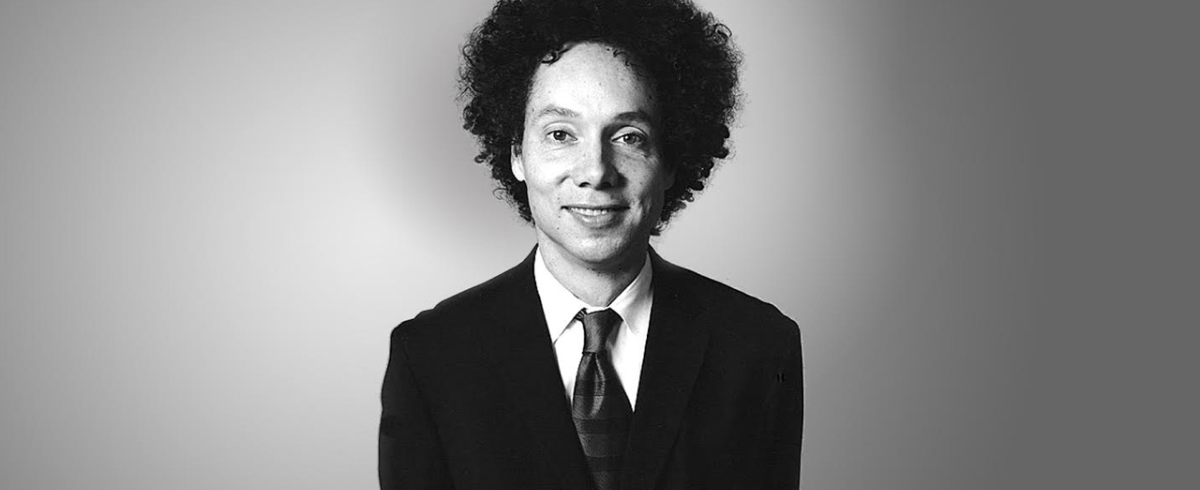I usually find much to agree with in Malcolm Gladwell’s writing, be it in Outliers or his collection of assorted New Yorker articles in What the Dog Saw. However, I strongly disagree with his recent article The Sure Thing which appeared in the January 18 edition of the New Yorker.
By studying the entrepreneurial techniques of a few successful entrepreneurs, especially Ted Turner and John Paulson, he argues that far from being risk takers, entrepreneurs are incredibly risk averse and the successful ones are those who did their outmost to avoid risk. Rather than being risk takers, entrepreneurs are predators, “and predators seek to incur the least risk possible while hunting.”
His argument is flawed on two levels. First, he confuses careful planning and analysis with risk aversion. It makes good business sense to think through what you are going to do, whether the endeavor is risky or not. Arguably it’s even more important to do so if what you are attempting to do something inherently risky. Gladwell ignores the fact that starting a business is incredibly risky regardless of how much planning you put into it: the 5 year survival rate of a company created today is less than 5%!
That’s much riskier than almost any other business endeavor you can undertake!
Second, his analysis suffers from survivor bias. He assumes that because the entrepreneurs who succeeded acted one way, those who failed must have acted differently. Careful planning and analysis is not limited to successful entrepreneurs and hedge fund managers. Having invested in over 30 startups, I can tell you all the entrepreneurs were smart, hard working and made a very good case for why there was a market need they were going to address. Beyond luck, it’s hard to tell the difference between the winners and the losers: sometimes the market was too competitive and a better funded competitor won, sometimes the market they were hoping for never materialized (even though logic and analysis dictated it should) or external events like the bubble bursting led to their demise.
His argument that John Paulson faced no risk because his team analyzed the data and concluded we were in a housing bubble does not hold water. The investing world is littered with the bodies of acclaimed investors (e.g.; Julian Robertson) who realized there were bubbles and bet against them. They were unable to sustain the losses while the bubble continued to inflate much beyond the point of reason and their funds blew up. Worse, they had to endure the ridicule of their peers and criticism from their investors. It was little comfort to them that they were ultimately proven right.
It’s incredibly risky to bet against a bubble and Paulson got lucky to have gotten the timing right, but even in the case of the real estate bubble, many who did the exact same analysis got the timing wrong. Michael Burry’s fund, which ended up succeeding in betting against the bubble, barely made it. He created a side pocket in his fund to prevent his investors from redeeming and faced lawsuits and insults during two years as he waited for his trade to work. What he did was incredibly risky. It’s much riskier to potentially be wrong alone, than to be wrong when everyone else is wrong!
Anecdotally, from observing my entrepreneur friends, it also seems that entrepreneurs are much more likely to engage in risky behavior outside of work: they kite board, heli ski, race cars, fly planes, cross deserts on foot and do many things much riskier than most people undertake. This implies that either they have a higher fear threshold than most or maybe that they love adrenaline and thrill seeking. Either way, they are not risk averse!
The two comments in the article I agree with are that entrepreneurs and people who work for themselves are far happier than other people. Moreover, while entrepreneurs want to make money, their real motivation is to do something they love doing.
Regardless, the claim that entrepreneurs are incredibly risk averse does not hold up!
